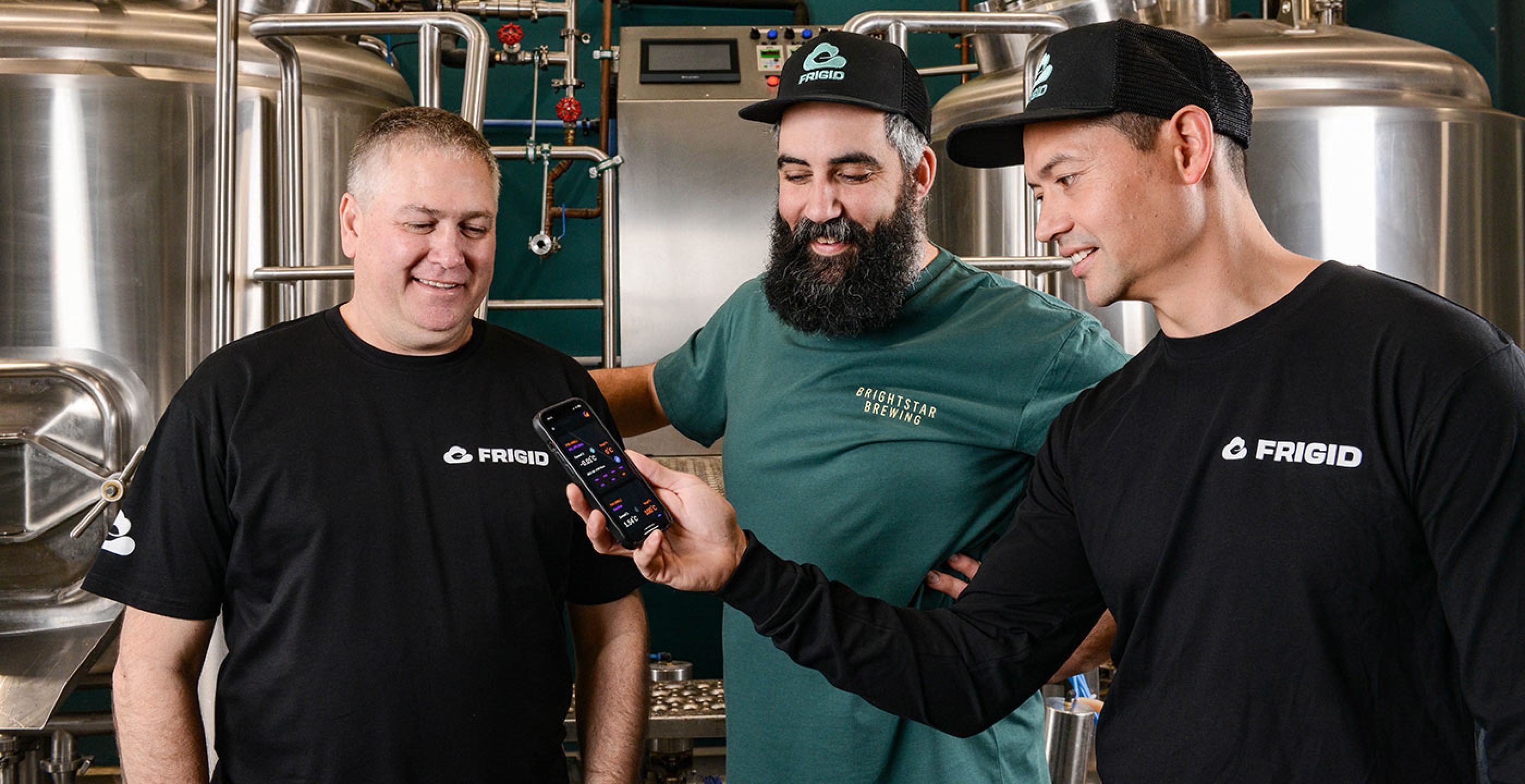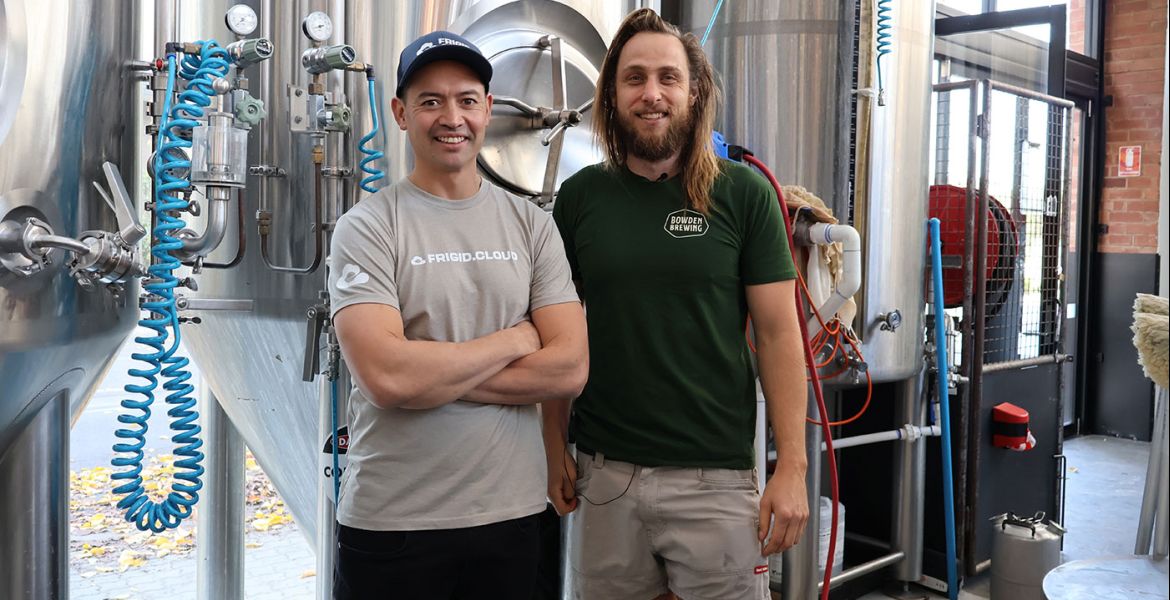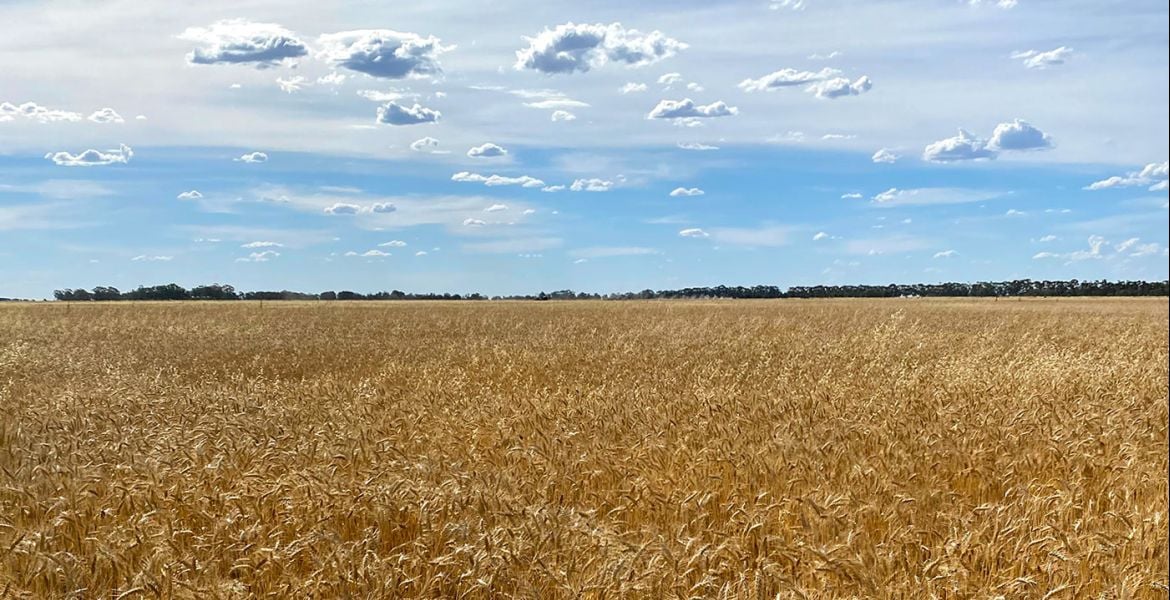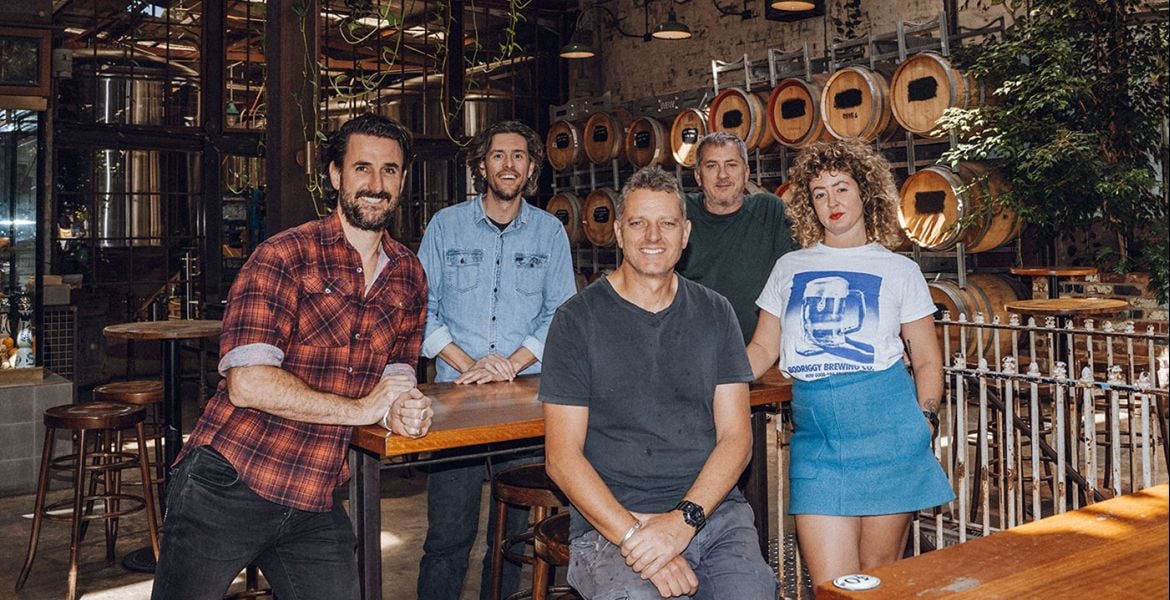Many of Australia’s craft breweries have been founded over a beer and the origin story for Frigid.Cloud followed a similar path.
Mark Gerschwitz and Jassa Amir-Lang (pictured above, either side of Brightstar head brewer Steve Brockman) had backgrounds in industrial automation and software development, which might have given them the ability to start a cloud-based automation system for brewers, but it was a beer at Adelaide’s Little Bang Brewing that gave them the motive.
The pair shared a mutual connection at the brewery, and they soon got talking to the brewing team as well as founders Fil Kemp and Ryan Davidson about ways to better automate their fermentation setup.
“They thought there must be some automatisation they could get into their brewery without paying an arm and a leg for it,” Jassa explains.
“Through that process, we realised there was a bunch of other optimisations around energy savings too.”
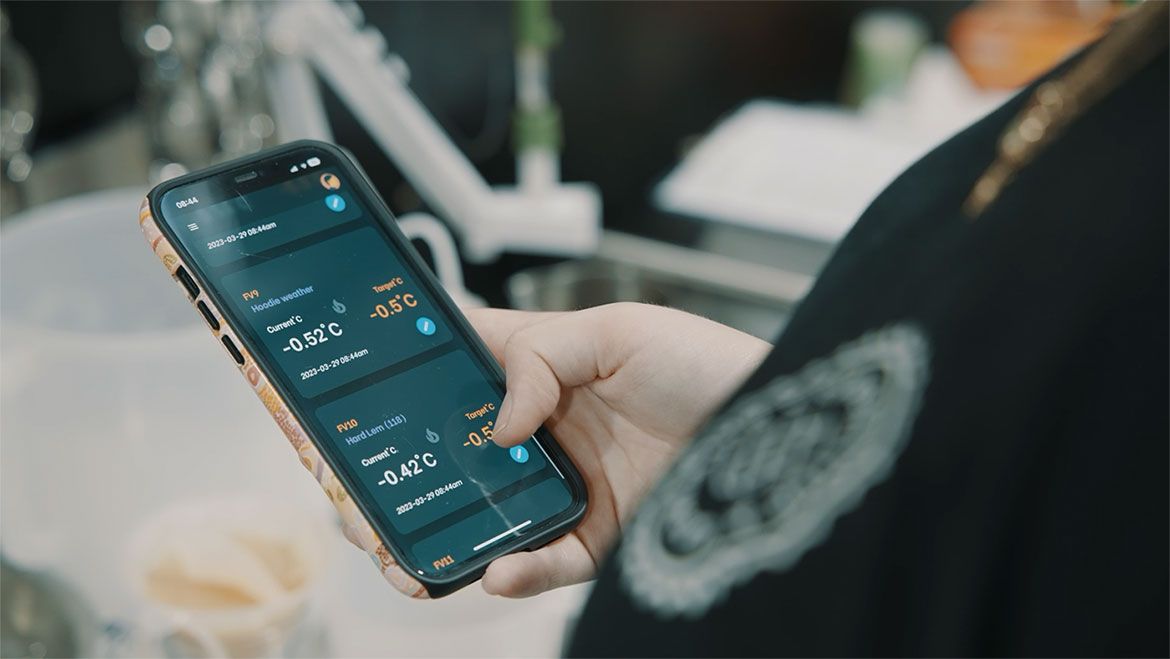
After installing the system, Jassa and Mark quickly recognised how their technology could work for others due to the fact they could connect it to a brewery's existing setup and tailor it for different sized businesses. Over time, as they continued their work with Little Bang and some of Adelaide’s other breweries, what would become Frigid.Cloud started coming to life.
At its heart, the cloud-based system uses a variety of automation processes that can be controlled by anyone in a brewing team, wherever they are. The tech allows brewers to set automated fermentation profiles for different beers and keep an eye on – and control – changes from home. In other words, a rise in lager temp can be stopped before a brewer needs to pretend those fusel notes in their helles were simply the result of using a brand new hop.
By connecting with a brewery's existing setup, Jassa says their customers don't require any major updates or outlays; instead, they just plug it into what’s already there.
“A lot of automation in a brewery requires buying a whole kit and hardware,” he says. “But we’re really flexible, so can work with all the existing infrastructure in breweries; you can retrofit it on your brewery easily without having to upgrade everything.”
As well as offering remote control for brewers, Frigid.Cloud's founders also boast of their tech's impressive energy savings. Given the well-publicised economic challenges facing the beer industry, the claim they can cut up to 25 percent of the energy used for cooling – achieved using a pulse chilling method found in the wine industry – is likely to fall upon receptive ears.
As Jassa explains: “In most systems, when a tank is trying to cool down to what the setpoint is, the glycol chiller will be feeding cold glycol into that tank until it hits that setpoint and then it will switch off. If you’re trying to fill five or ten tanks at once, it feeds glycol into all of those tanks until it hits that point.”
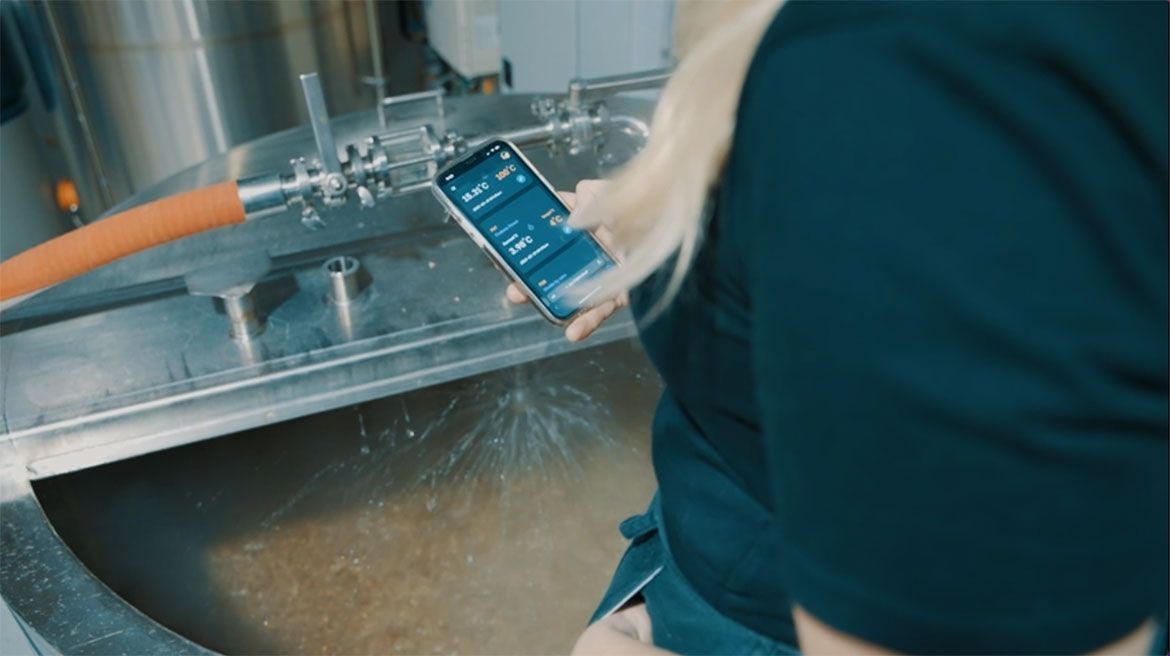
Their pulse system uses smart software to select one tank at a time and cool them within intervals.
“What that does is work your chiller a lot less," he says, "and the cooling has to be more efficient than trying to cool them all at once."
The system can also optimise the periods during which energy is used; this includes using a brewery’s existing solar to overchill glycol tanks when there’s excess energy to then use it as required.
“We always try to target times when you’re paying the least for energy, or with solar – then you’re paying nothing for it,” Jassa says.
Although the business was launched in Adelaide, their system has been installed much further afield since the official launch in May 2023. Close to 25 breweries in Australia have signed up and they're about to head to the States for their first international installation.
“It was pretty similar wants and needs to the market here,” Jassa says. “Except they’re paying a lot more for energy.”
While seeing their tech starting to put down roots overseas is exciting for such a young and small Australian business, they remain humbled by the early work they did with the local beer world.
“They really helped us build it and a big mantra we have is that we continually refine the product because it's built for brewers," Jassa says. "It’s a big thing for us to have those close relationships and see what’s working and what they want in there.
“I think, by nature, brewers are very conscious of there being a lot of waste and wanting to do something about it.”



